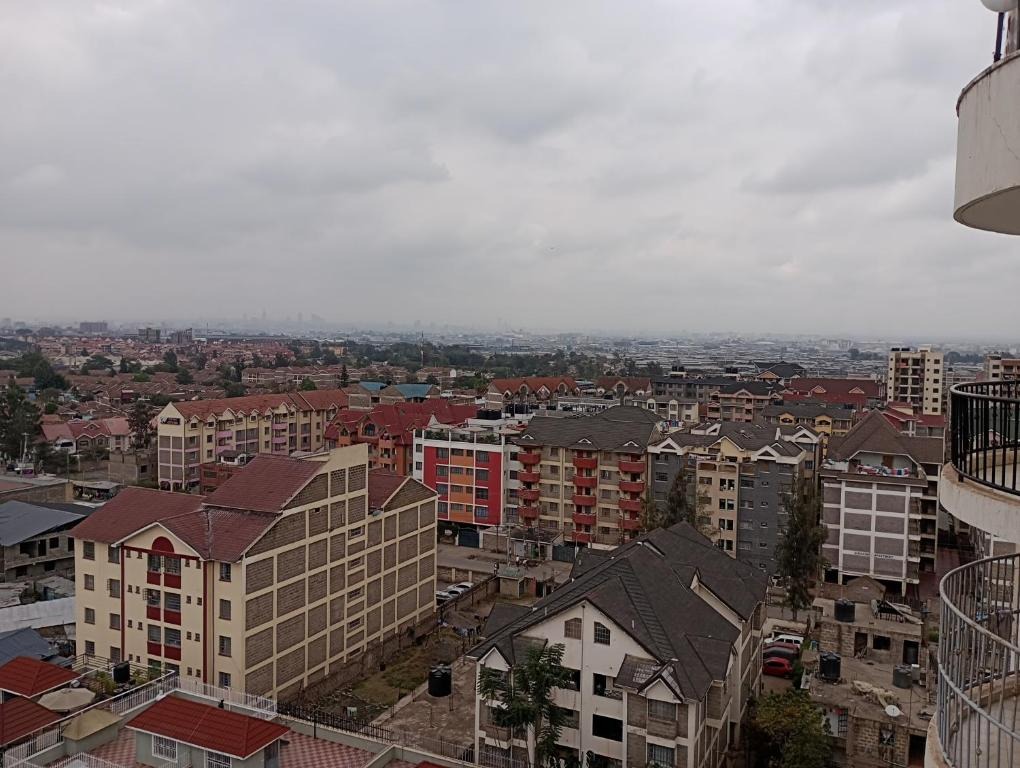
Investing in real estate within frontier markets presents a unique blend of challenges and opportunities. These markets, characterized by their nascent development stages and significant growth potential, offer real estate investors the allure of high returns alongside the necessity of navigating complex risks. In this article, we will explore the intricacies of real estate investment in frontier markets, focusing on the risks involved and the potential rewards that can be reaped from these promising yet volatile environments.
Understanding Frontier Markets

Frontier markets are a subset of emerging markets, often marked by less mature financial systems, lower market capitalization, and limited access to international capital. These markets are typically found in regions such as Sub-Saharan Africa, parts of Asia, and Latin America. Unlike more established emerging markets, frontier markets are still developing their economic infrastructures, which makes them both risky and potentially very lucrative for real estate investors.
The Allure of Frontier Markets

The primary allure of frontier markets lies in their high growth potential. As these markets develop, they experience rapid urbanization, increasing middle-class populations, and a growing demand for residential, commercial, and industrial real estate. For instance, cities in countries like Kenya, Vietnam, and Nigeria are witnessing a surge in urban migration, which is driving demand for housing and commercial spaces.
Moreover, frontier markets often offer attractive entry prices. Real estate in these regions can be significantly cheaper compared to more developed markets, providing an opportunity for investors to acquire assets at a lower cost with the potential for substantial appreciation as the market matures.
THE RISKS OF INVESTING IN FRONTIER MARKETS
However, investing in frontier markets is not without significant risks. Understanding and mitigating these risks is crucial for any investor considering such opportunities.
Political and Economic Stability
One of the primary risks in frontier markets is political and economic instability. Changes in government, policy shifts, and economic volatility can drastically impact the real estate market. For example, sudden changes in property laws, tax regulations, or foreign investment policies can affect the profitability of real estate investments. Investors must conduct thorough due diligence and remain abreast of political developments in their chosen markets.
Regulatory and Legal Challenges
Frontier markets often have underdeveloped legal and regulatory frameworks. Issues such as unclear property rights, lack of transparency, and bureaucratic hurdles can pose significant challenges. Securing property titles and navigating the legal landscape can be more complex and time-consuming compared to developed markets. It is essential for investors to work with knowledgeable local partners and legal experts to ensure compliance and protect their investments.
Market Transparency and Data Availability
A lack of market transparency and reliable data can also be a major hurdle. Frontier markets may lack comprehensive and accurate market data, making it difficult for investors to perform due diligence and assess market conditions. This uncertainty can increase the risk of overpaying for properties or misjudging market demand. Investors should leverage local expertise and alternative data sources to gain a clearer understanding of the market dynamics.
Currency and Exchange Rate Risks
Currency fluctuations and exchange rate risks are inherent in frontier markets. Depreciation of the local currency can erode returns, particularly for investors who measure their performance in a stronger currency. Hedging strategies and careful financial planning are essential to manage these risks effectively.
POTENTIAL REWARDS
Despite the challenges, the potential rewards of investing in frontier markets can be substantial. Successful investments in these regions can yield high returns, driven by rapid economic growth and increasing real estate demand.
High Returns on Investment
Frontier markets offer the potential for high returns due to their early-stage development and growth trajectories. Investors who enter the market early can benefit from significant capital appreciation as the market matures and property values rise. For example, in Kenya, the growth of Nairobi as a business and technology hub has led to substantial appreciation in property values, attracting both local and international investors.
Diversification Benefits
Investing in frontier markets provides valuable diversification benefits. These markets often have low correlations with developed markets, meaning they can provide a hedge against global economic downturns. Diversification into frontier markets can reduce portfolio risk and enhance overall returns.
Social Impact and Development

Investing in frontier markets also offers the opportunity to contribute to social and economic development. Real estate investments can help improve infrastructure, create jobs, and enhance the quality of life in these regions. For instance, developing affordable housing in rapidly growing cities can address critical housing shortages and contribute to sustainable urban development.
Conclusion

Real estate investment in frontier markets is a high-risk, high-reward proposition. While these markets offer the potential for substantial returns and diversification benefits, they also come with significant risks related to political instability, regulatory challenges, market transparency, and currency fluctuations. Successful investment in frontier markets requires thorough due diligence, local market knowledge, and a strategic approach to risk management. For investors willing to navigate these complexities, frontier markets can provide unparalleled opportunities for growth and positive social impact.







